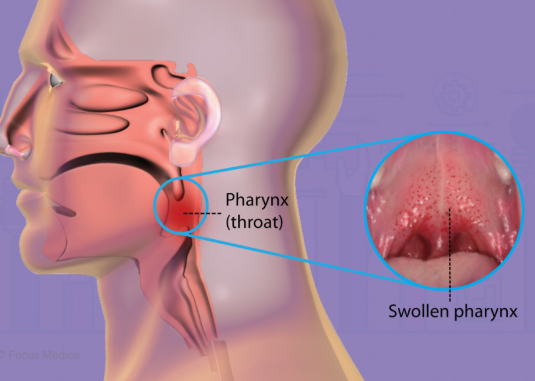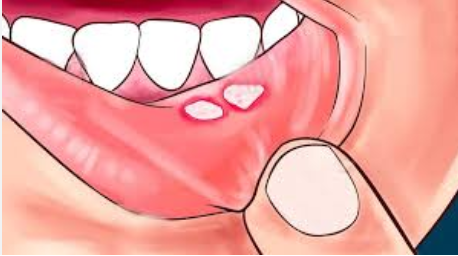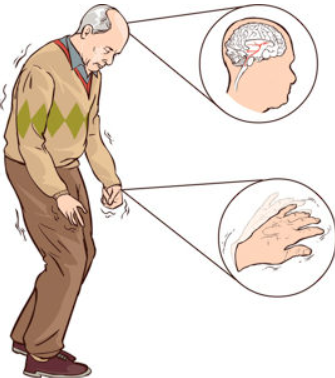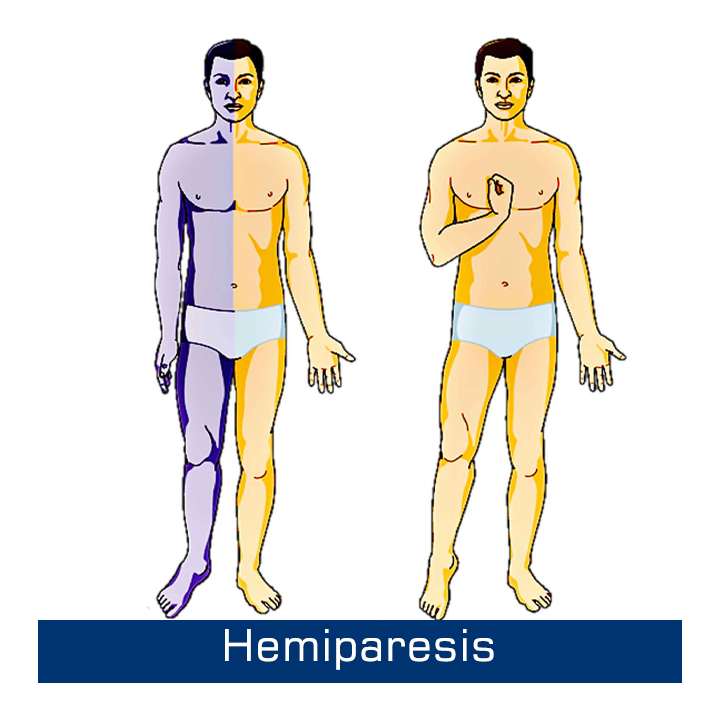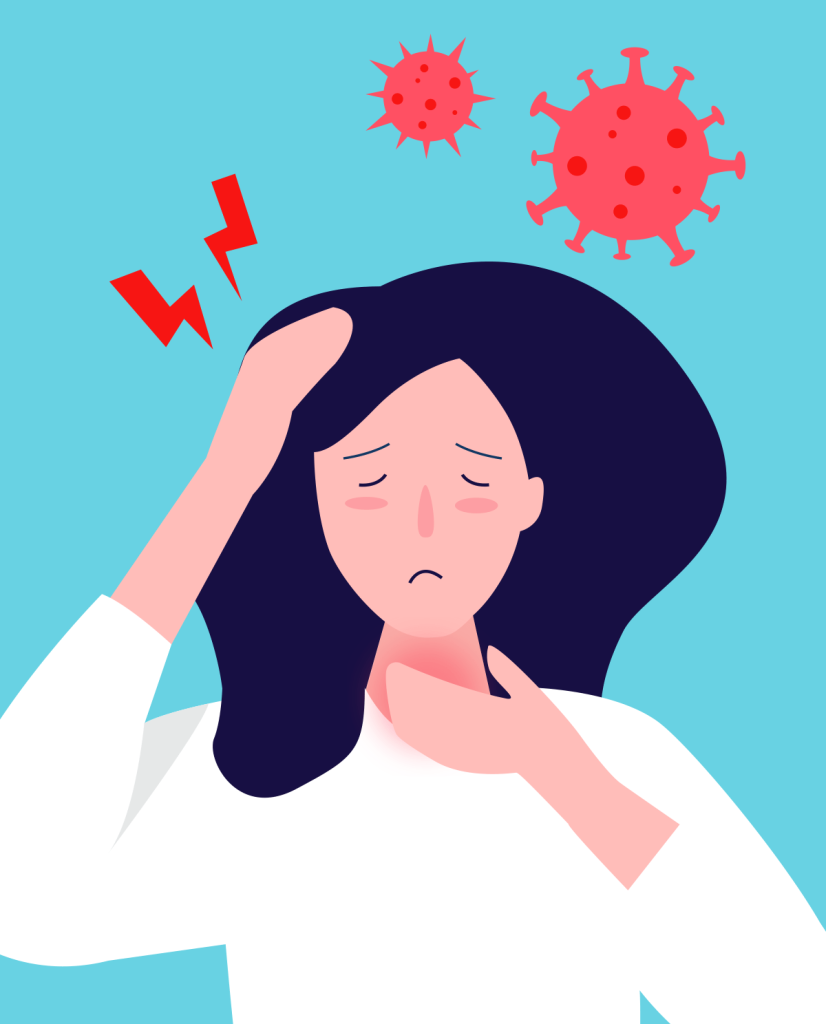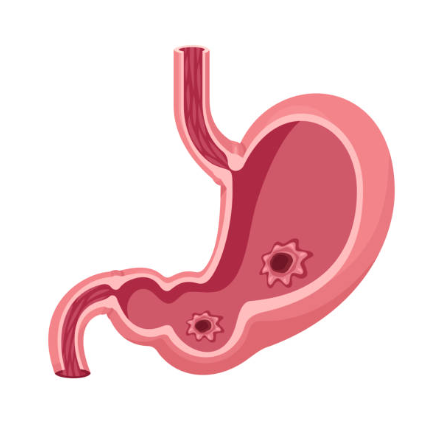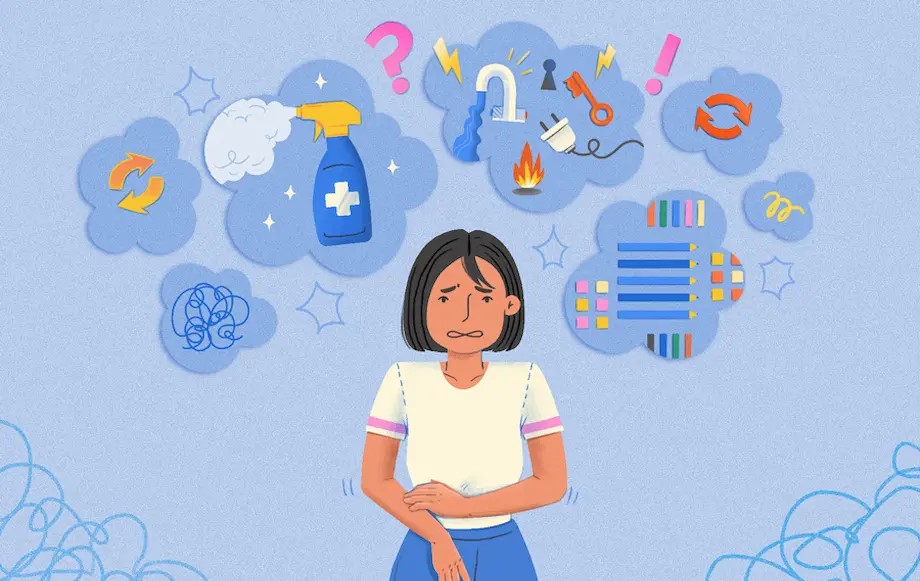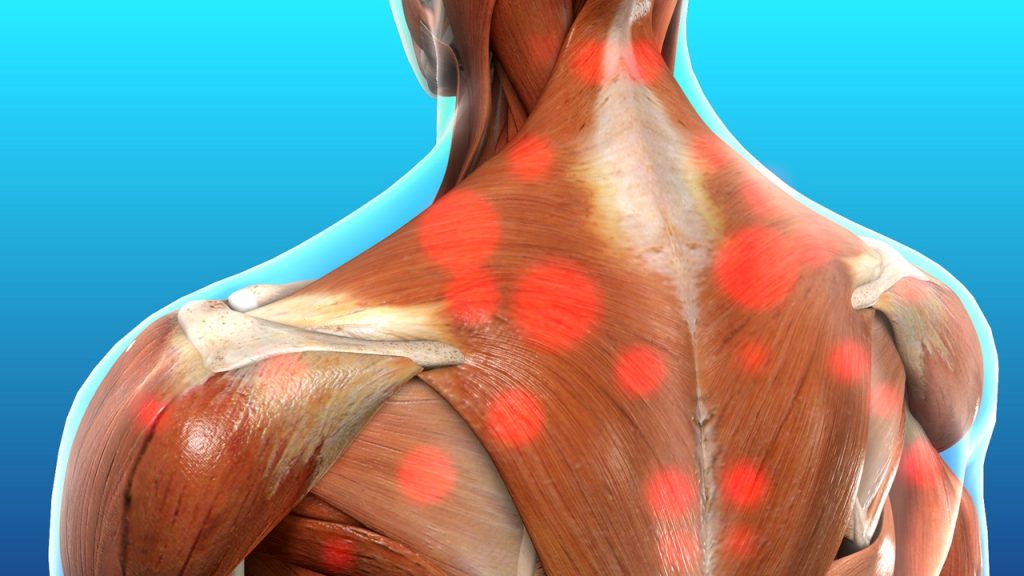Pharyngitis
Pharyngitis is the medical term for inflammation of the pharynx, the part of the throat located behind the mouth and nasal cavity. It is most commonly experienced as a sore throat, often accompanied by pain or discomfort when swallowing, redness, and sometimes fever or swollen tonsils. The causes of Pharyngitis: 1. Infectious causes 2. Non-infectious […]
